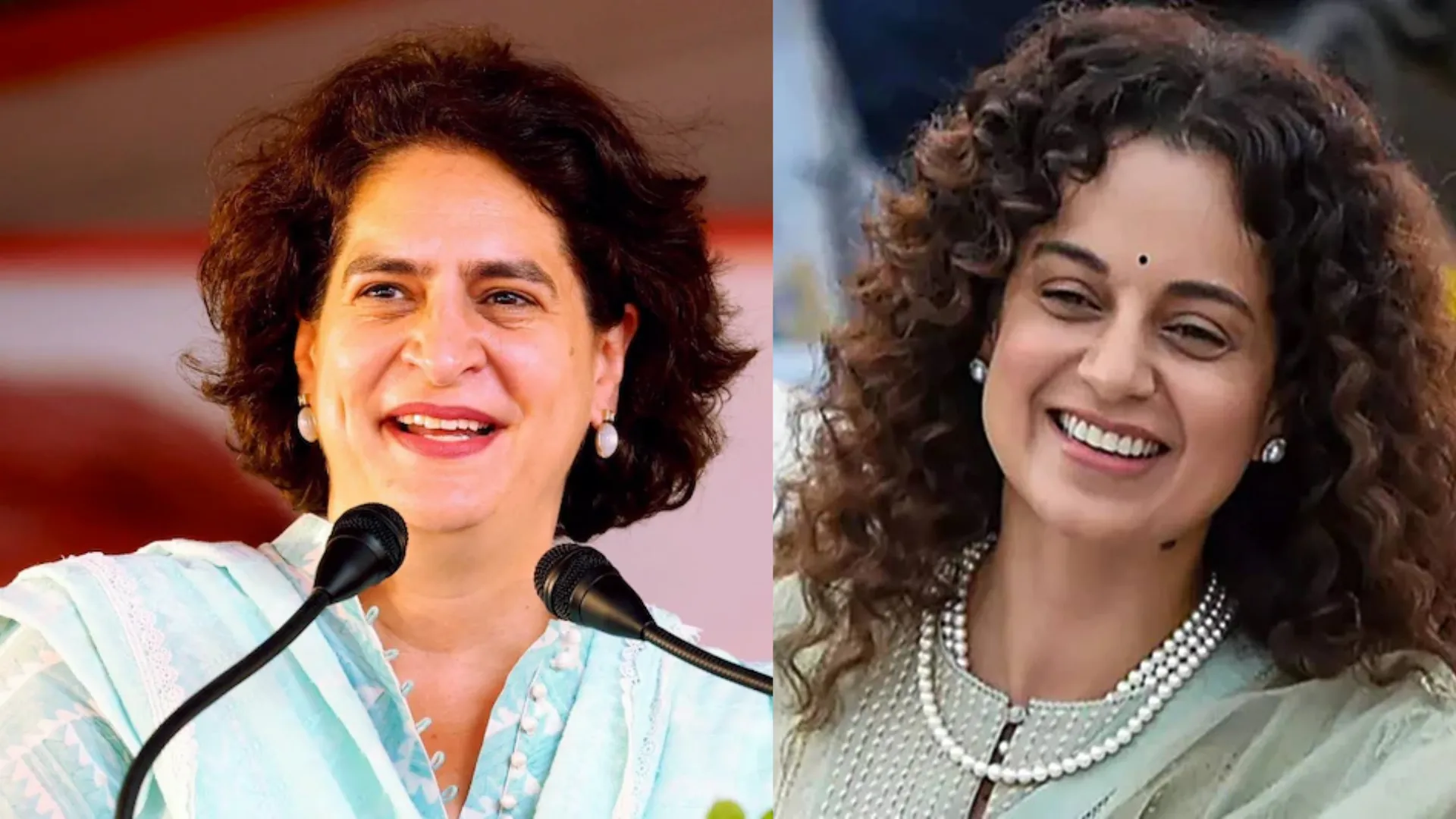The Supreme Court of India on Tuesday highlighted the importance of regularly reviewing laws to evaluate their impact and address any shortcomings.
Justice Surya Kant, heading a two-judge bench alongside Justice N.K. Singh, remarked, “Every law should undergo periodic legislative review.
This should not be limited to judicial scrutiny. Reviews could be conducted every 20, 25, or 50 years.”
The bench was hearing two petitions filed by former Union minister Maneka Gandhi—one challenging Section 81 of the Representation of the People Act, 1951, and another appealing the dismissal of her petition by the Allahabad High Court regarding the election of Samajwadi Party MP Ram Bhuwal Nishad from Sultanpur.
Section 81 mandates that election petitions must be submitted within 45 days of the candidate’s election. Gandhi’s plea, dismissed by the High Court for exceeding the time limit, alleged that Nishad failed to disclose four pending criminal cases in his election affidavit.
During the hearing, Justice Kant emphasized the need for an expert body to assess whether laws serve their intended purpose effectively. “It is crucial to examine if a law has succeeded in achieving its objective. If not, we need to identify deficiencies, bottlenecks, and grey areas,” he added.
Initially, the bench showed reluctance to intervene, pointing out that entertaining such petitions might set a precedent leading to an influx of similar cases. “Your petition essentially asks us to legislate. Just look at the nature of your prayers,” Justice Kant observed.
Senior advocate Siddharth Luthra, representing Maneka Gandhi, countered that the petition sought a review of the law in light of a candidate concealing vital information. He stressed that revisiting the provision was necessary to prevent misuse and uphold transparency in electoral processes.
The bench allowed Luthra to present his arguments concerning the interpretation of the Act in the civil appeal challenging the High Court’s decision. Consequently, the court issued a notice on the appeal, while Luthra withdrew the writ petition challenging Section 81, retaining the right to raise the issue during the appeal proceedings.
This case underscores a broader discussion on electoral reforms and legislative accountability, with the court emphasizing that periodic reviews could improve the effectiveness of existing laws.
Read More: Supreme Court To Examine Age Bar In India’s Surrogacy Laws



















